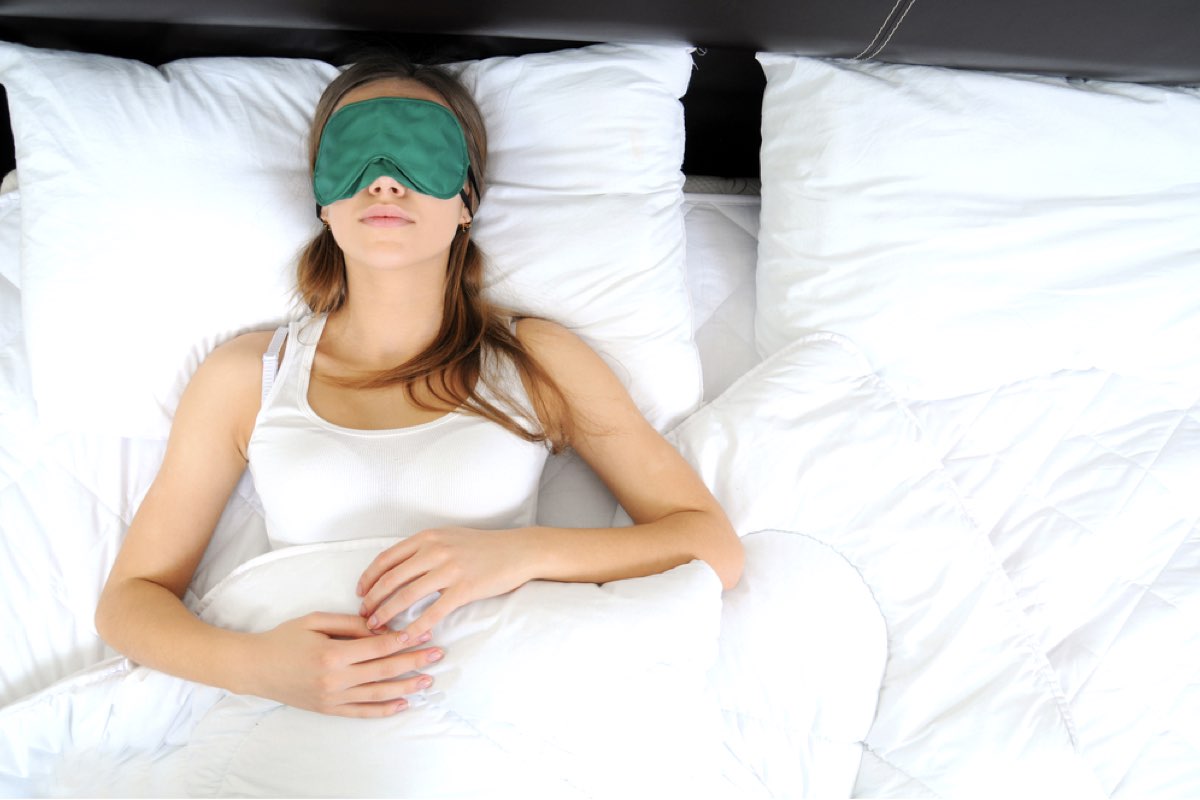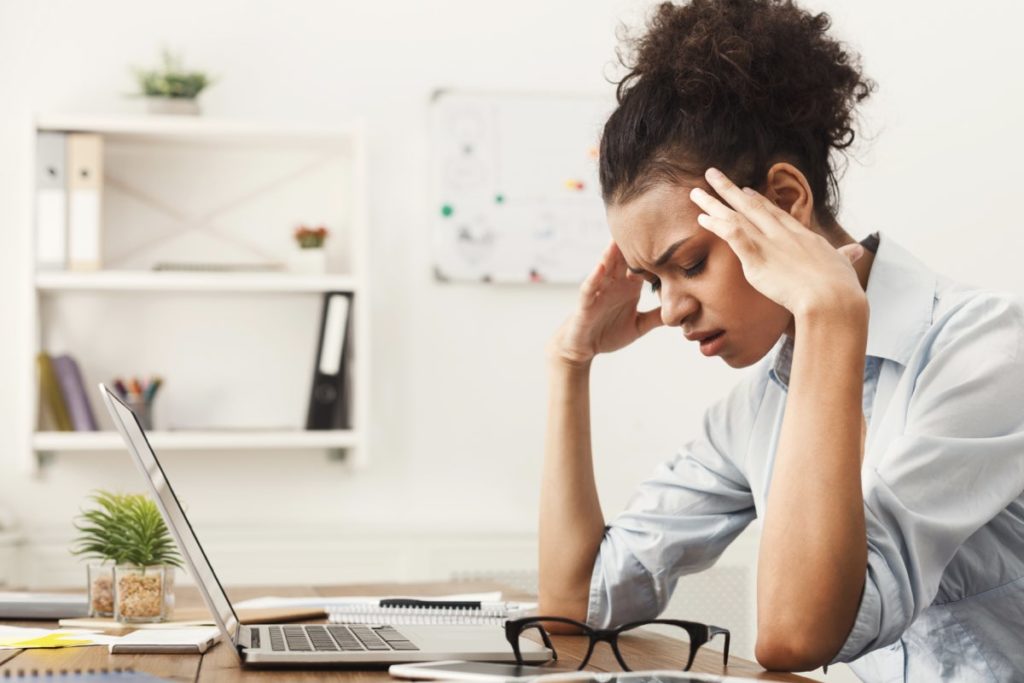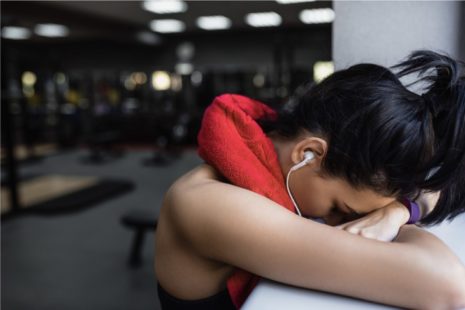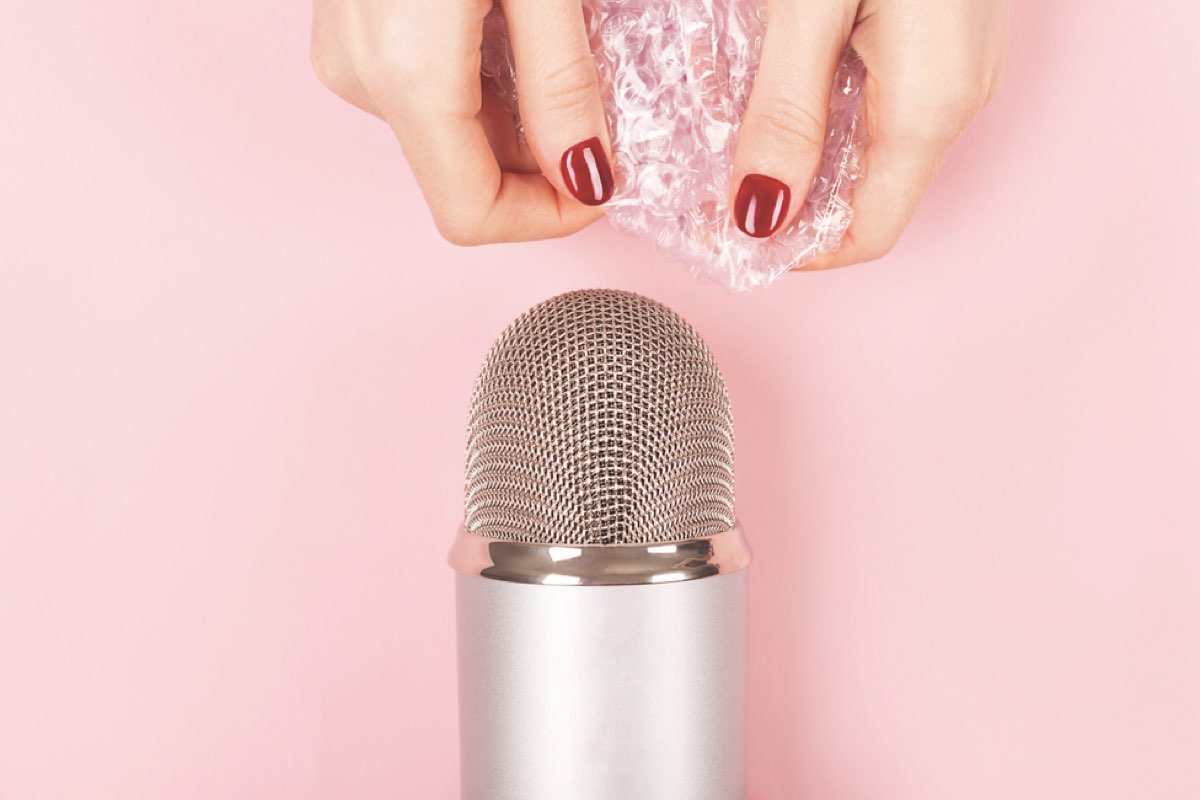Are you suffering from regular headaches during lockdown? A mix of stress, screen time and poor posture could be to blame. Here Hannah Braye, nutritional adviser for Bio-Kult, offers tips for natural headache remedies…
What are the different types of headaches?
The International Headache Society (IHS) lists more than 200 different varieties of headache that can be differentiated from each other on the basis of the history and physical examination alone.
In primary headache, the headache is not a symptom but a disease in its own right. There are four categories of primary headache; migraine, tension headache, trigeminal autonomic cephalalgia (of which cluster headache is the most prominent variety), and other primary headache disorders (consisting of ten rare headache syndromes).
A secondary headache, in contrast, is a symptom of another disease (e.g. a tumour or cerebral haemorrhage). The different major types of headache also have a varying number of sub-types (for example, a migraine has 13).
Why might we be suffering from them more in lockdown?
Headaches (of different types) can have many different causes and triggers, which will vary between individuals. However, if you are suffering with headaches or migraine more since lockdown began there could be a few simple explanations:
1. Stress
In the current climate, it’s not surprising that stress levels are running high. Stress is a well-known contributing factor for headaches. For example, stress is the factor listed most often by migraine sufferers as a trigger for their attacks and it is a risk factor for initiating the condition in those genetically predisposed to migraine disorder.
2. Drinking more alcohol
Perhaps as a result of the increased stress, or to alleviate boredom, many people are drinking more alcohol in lockdown. Drinking too much can contribute to headaches in a variety of ways, for example by acting as a diuretic making us dehydrated, and by disrupting blood sugar balance, neurotransmitters and sleep. Many studies show alcohol as a trigger of migraine without aura, cluster headache, and tension-type headache.

3. Bad posture
If you are new to home working since lockdown began, it may be that your home-office set up is less than ideal. Having to work hunched over a small laptop, on a hard chair, in a cramped space is not conducive to good posture. Poor posture causes tension in your upper back, neck and shoulders, which can potentially lead to a headache. Typically, the pain throbs in the base of the skull and sometimes flashes into the face, especially the forehead.
4. Increased screen time
With social activities limited at the moment, many people may find they are spending more time on their computer and phone or watching TV. This can put a strain on our eyes and the blue light emitted from screens is thought to potentially interfere with melatonin production (our sleep hormone). Some studies suggest that those with higher screen time exposure have an increased risk for migraine.
5. Poor sleep
Many people are also reporting poorer sleep during lockdown, perhaps due to underlying stress and getting less exercise and day-light. Sleep disturbances and headache disorders share common brain structures and pathogenic mechanisms and tension-type headache, migraine, and sleep disturbances often occur together. For example, 50% of individuals who have either tension-type headache or migraine have insomnia. Moreover, insomnia and poor sleep quality have been associated with a higher frequency and intensity of headache attacks.
6. Excessive cleaning
Spending more time at home has released the ‘clean freak’ in some. If your bathroom is sparkling but your headaches are getting worse, one thing to consider is whether any of the chemicals or odours in your household cleaning products could be triggering them. Cleaning products and air-fresheners are a primary source of indoor air pollutants and have been associated with headaches in some.
How can we treat headaches naturally?
How best to manage your headaches will depend on the type of headaches you are experiencing and what your individual triggers are. However, some general steps you can take to help reduce the likelihood of attacks include:
1. Water
Maintaining adequate hydration is particularly important for helping to keep headaches at bay. Aim to drink 2 litres a day (this can include herbal teas) and avoid coffee, tea and alcohol which act as diuretics. Water can be flavoured with fresh herbs or fruit to make it more interesting to drink.

2. Stress management techniques
As discussed, stress is one of the most commonly reported triggers for headaches of all kinds. The important factor appears to be the individual’s response to stress, rather than the stressor itself. Therefore working on increasing stress management skills eg. through cognitive behavioural therapy (CBT) or bio-feedback techniques, may have the potential to reduce the impact that stress has. Many therapists are offering online consultations during lockdown. Other ways to de-stress may include carving out time for yourself to have a bath, read a book, do a short meditation (using the Headspace or Calm app) or do some gentle exercise. If there are any green spaces near you, then exposure to nature can also be incredibly restorative.
3. Sleep
Practice good sleep hygiene. Introduce a regular bedtime routine by getting up and going to bed at the same time each day (even at weekends ideally). Ensure your bedroom is dark and cool enough. Invest in an eye mask or earplugs if you are disturbed by light or sound. Avoid screen use for at least an hour before bed and keep electronic devices out of the bedroom. Apps that filter blue light can be used to reduce exposure from screens at other times of day.

4. Eat well
Evidence suggests that deficiencies in certain nutrients may be a contributing factor in certain types of headache. For example, magnesium levels have been found to be low in migraine sufferers, and research suggests a deficiency may contribute to attacks. Low magnesium levels may also be related to muscular tenderness and tightness, with potential relevance for tension-type headaches. Aim to eat a variety of fruit and vegetables each day to gain a wide variety of different nutrients. In particular, increase magnesium-rich foods (such as leafy green vegetables, avocado, nuts, seeds and legumes) and consider taking a magnesium supplement if you are feeling stressed. Keeping blood sugars regulated is also important, so reduce consumption of sugary foods and those high in refined carbs, and instead focus on consuming some good quality protein each time you eat.
5. Gut-health
One approach to preventing headaches which many people may not have considered is by supporting gut health, in particular the health of the microbiome (the community of micro-organisms which reside in the gut). Research is indicating that the composition of our gut bacteria may be able to impact brain health and function, sleep and stress response via something called the ‘microbiota-gut-brain axis’. In addition, recent research indicates that taking a live bacteria supplement may be of benefit to migraine sufferers. The 14 strains in Bio-Kult Migrea (which also contains magnesium and vitamin B6), were shown to significantly reduce the frequency and intensity of episodic and chronic migraine in as little as 8-10 weeks.
When should we see a doctor?
The NHS12 recommend consulting your GP if:
– Your headache keeps coming back.
– Painkillers do not help and your headache gets worse.
– You have a bad throbbing pain at the front or side of your head – this could be a migraine or, more rarely, a cluster headache.
– You feel sick, vomit and find light or noise painful.
– Other symptoms – for example, your arms or legs feel numb or weak.
In the current coronavirus pandemic, the NHS also advises you contact 111 if you have a headache and: your jaw hurts when eating; blurred or double vision; your scalp feels sore. These could be signs that the arteries in your head and neck are inflamed. This needs urgent treatment.
Main image: Shutterstock
Get your weekly DOSE fix here: SIGN UP FOR OUR NEWSLETTER
















